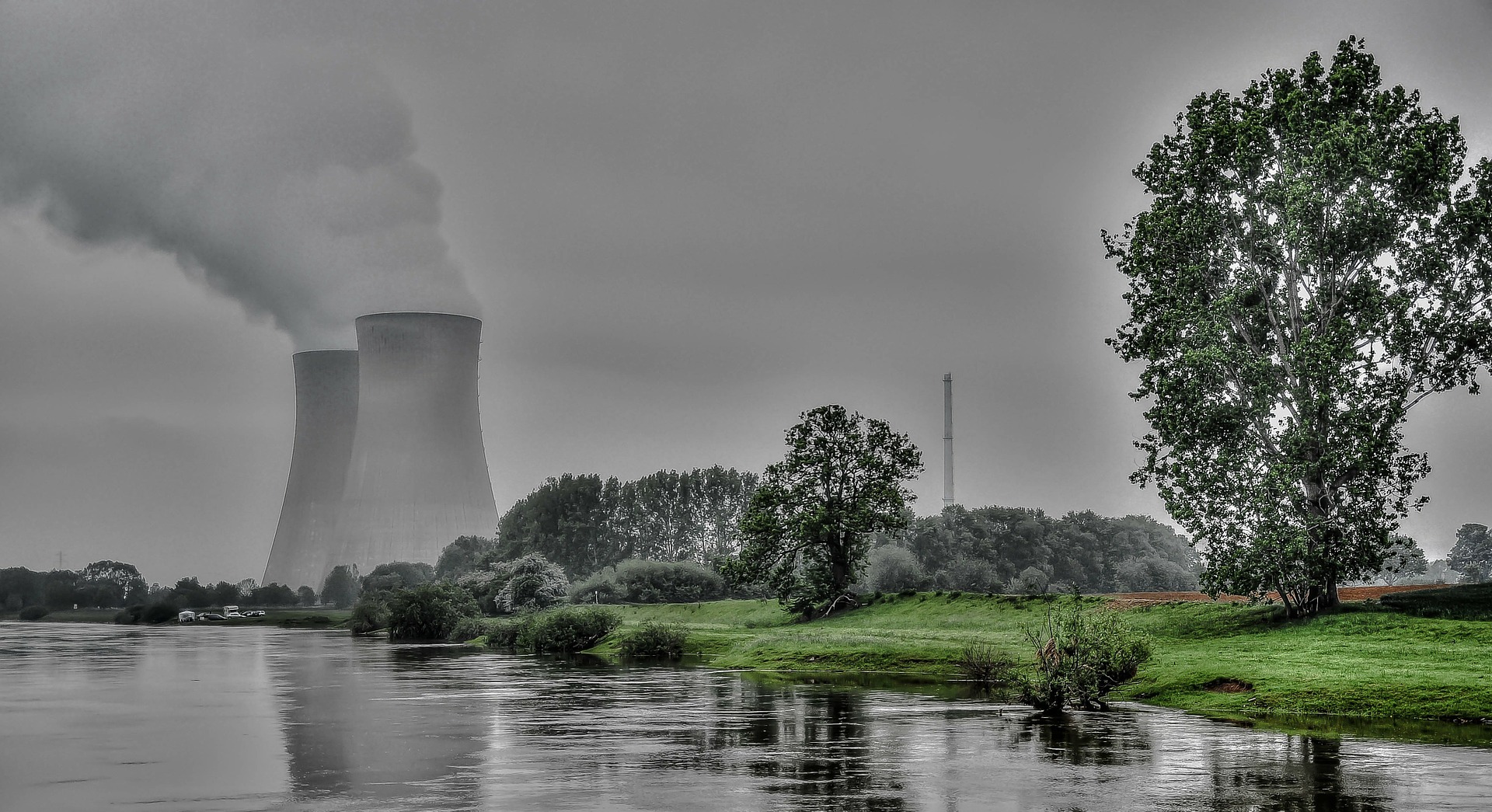Article Reading Length: Approx. 3 minute –
The European Parliament agreed on Friday (07/01/2022) that certain investments in nuclear and gas power plants should be considered sustainable as proposed by the European Commission (EC). With 278 votes in favor, 328 against and 33 abstentions, the opposition to the taxonomy’s future rules aimed at directing financial investments in the European Union to sustainable economic activities was unsuccessful. .
Parliament’s view aside, if 72% of countries (20 out of 27) vote before midnight, the EU’s other co-legislator, the Council of the European Union, which represents member states, can still reject the EU executive’s approach. On July 11, they represent 65% of the EU population (about 290 million people).

If the Council does not object, the Commission’s draft classification for future investments will be approved, according to which nuclear plants with planning permission before 2045 and gas-fired power plants emitting less than 270 grams of CO2 per kilowatt-hour by 2031. More than 100 grams in their lifetime is considered “sustainable”.
According to European sources, France, Germany and several countries in the north and east do not form a blocking majority among countries against the proposal, although countries such as Spain, Austria, Luxembourg and Denmark have opposed it. E.U.
The taxonomy, which has no immediate practical application, is a set of classifications intended to guide future financial investments in the green transition, in this case affecting the energy sector, but could also apply to sectors such as forestry, transport and agriculture.
In a debate on Tuesday, Financial Services Commissioner Mairead McGuinness called for “pragmatism and realism” because “there are countries that need gas in a transition phase”. “Our classification points to renewable energy as a priority (…). But we have to be realistic: we have to accept that we need to invest in gas and nuclear power in a transition phase,” said the Irish politician. Gas emits CO2, but less than other hydrocarbons such as coal, and is seen by many as essential to the EU’s transition to a zero-carbon economy by 2050.
Nuclear power raises concerns about safety or radioactive waste management, but emits very little carbon dioxide. The European Commission, which describes itself as technologically neutral, delayed the decision on these two-generation sources for several years, until in early 2022 it presented a text opposed by several commissioners and the Platform of Independent Experts on Sustainable Finance. Executive, criticized. But the executive thinks the proposal is “realistic”. However, some countries such as Luxembourg and Austria are considering taking the taxonomy to the European Court.
Source: Agencies

Prone to fits of apathy. Unable to type with boxing gloves on. Internet advocate. Avid travel enthusiast. Entrepreneur. Music expert.



